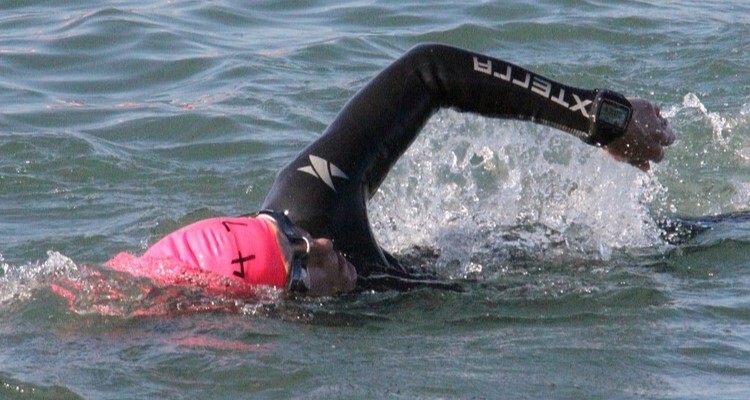
Drive theory, a foundational concept in psychology, delves into the intricate mechanisms that propel individuals toward achieving their goals. This blog unravels the essence of drive theory, tracing its historical roots and exploring its relevance in understanding human motivation. With references to key works and contemporary perspectives, we navigate the realms of intrinsic drive, external stimuli, and the powerful forces that fuel our pursuit of success.
Drive theory posits that physiological needs create internal states of arousal, prompting individuals to act in ways that reduce tension and achieve a state of equilibrium. From basic biological drives to complex psychological motivations, this theory provides a lens through which we can comprehend the dynamics of human behavior.
Explore the historical roots of drive theory, drawing insights from seminal works that laid the groundwork for understanding motivation. From Clark Hull's Drive Reduction Theory to contemporary interpretations, trace the evolution of drive theory in psychological literature.
Biological Drives: Explore how basic physiological needs, such as hunger and thirst, initiate arousal and drive individuals to seek homeostasis.
Psychological Motivations: Delve into the role of internal psychological factors, like curiosity and achievement, in shaping individual motivations.
Drive Reduction: Understand how behaviors are reinforced when they lead to the reduction of internal tension or arousal.
In the competitive world of sports, understanding the motivational forces that drive athletes is essential for unlocking peak performance. This blog delves into the implications of drive theory for athletes, exploring how internal and external motivators shape training, competition, and overall success on the field. With references to key studies and theoretical insights, we uncover the psychological dynamics that fuel athletes' pursuit of excellence.
Drive theory's principles extend seamlessly into the realm of sports, where athletes experience physiological and psychological motivations that influence their behaviors, training regimens, and competitive strategies.
Explore how basic physiological needs, such as the desire for victory or the fear of failure, act as powerful motivators for athletes. From the adrenaline rush during a match to the pursuit of athletic mastery, these drives significantly impact an athlete's approach to training and competition.
Delve into the psychological factors that drive athletes to achieve greatness. Whether fueled by the intrinsic desire for personal improvement or extrinsic rewards like recognition and trophies, understanding these motivations is crucial for coaches and athletes alike.
References:
Deci, E. L., & Ryan, R. M. (1985). Intrinsic Motivation and Self-Determination in Human Behavior. Plenum Press.
Deci, E. L., & Ryan, R. M. (2000). The "What" and "Why" of Goal Pursuits: Human Needs and the Self-Determination of Behavior. Psychological Inquiry, 11(4), 227–268.
Gould, D., & Udry, E. (1994). Psychological Skills for Enhancing Performance: Arousal Regulation Strategies. Medicine and Science in Sports and Exercise, 26(4), 478–485.
Hull, C. L. (1952). A Behavior System: An Introduction to Behavior Theory Concerning the Individual Organism. Yale University Press.
Hull, C. L. (1943). Principles of Behavior: An Introduction to Behavior Theory. D. Appleton-Century Company, Incorporated.
Singer, R. N., Hausenblas, H. A., & Janelle, C. M. (2001). Handbook of Sport Psychology (2nd ed.). John Wiley & Sons.
